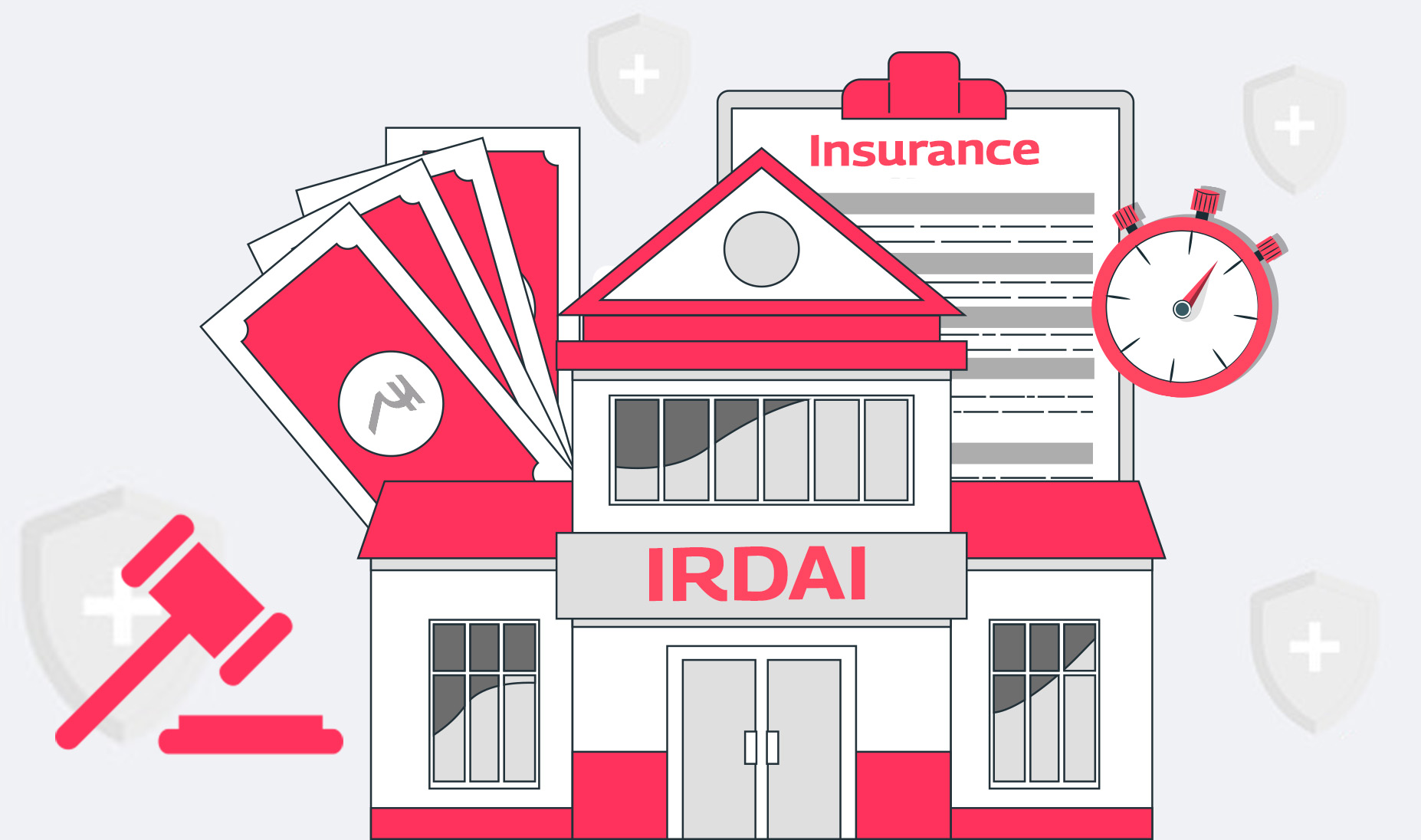Simplification of the processes for the settlement of claims
The IRDAI’s latest master circular, dated September 5, 2024, has reduced the timeline for TATs for claim settlements. Under the updated rules:
- Life Insurance: All deaths requiring investigation must now be compensated within 45 days, while those that do not require investigation must be compensated within 15 days. Previously, insurers had up to 90 days for investigative claims.
- Health Insurance: Authorisations for cashless hospitalisation must be completed within one hour of receiving the request, and authorisations related to discharge must be completed within three hours. Reimbursement claims must be settled no later than 15 days after the request is made.
Insurers are now legally bound to pay interest on delayed claims without being asked, at a rate of the prevailing interest rate plus 2 per cent. This provision aims to achieve higher standards of accountability. However, there is a lack of clarity on how claims with missing documents should be handled, according to Hari Radhakrishnan, the Regional Director of First Policy Insurance Brokers.
Ban on collection of premiums before issuance of policy
IRDAI has recently banned insurers from receiving premiums before deciding on policy issuance. This rule is most significant in health insurance, where it is impossible to withhold premiums during underwriting determinations. This change ensures that policyholders will not be charged for policies not issued to them and makes the process more transparent.
Enhanced free-look period
The period within which an insured policy can be reviewed or returned without charge, known as the free-look period, has been increased from 15 days to 30 days in all cases. This adjustment affords policyholders adequate time to study the policy terms and conditions and make cancellations if necessary.
Additionally, insurers must now provide a Customer Information Sheet to policyholders, outlining key policy information so they can verify if what was promised aligns with what was delivered.
Better practices to avoid mis-selling
The IRDAI has made need analysis mandatory for newly introduced or renewed savings-related life insurance or annuity products, except those linked with NPS or superannuation. This analysis involves assessing the policyholder’s financial requirements, income, affordability, and expected benefits. These details must be recorded, disclosed to the policyholder, and written into the policy.
This requirement helps prevent insurance mis-selling by ensuring that insurance products align with the policyholder’s needs. According to Shashi Kant Dahuja, Executive Director at Shriram General Insurance, this measure empowers customers, especially when they feel they were sold something different from what they expected.
Restrictions about policy splitting
Some existing practices have been questioned, such as policy splitting, where instead of issuing a single policy, several policies are launched. This practice often results in the non-allocation of rebates on premiums or higher sums assured, particularly under unit-linked insurance plans (ULIPs), where splitting leads to higher charges. Moving forward, this cannot be done unless the policyholder consents to the split.
“This rule addresses the financial implications of policy splitting and provides policyholders with valid reasons to lodge mis-selling complaints,” said Shilpa Arora, COO of Insurance Samadhan, a grievance redressal service.
Appeals against ombudsman decisions
Insurers can now appeal ombudsman decisions. Previously, the Insurance Ombudsman was a binding authority on insurance companies, but the new circular permits insurers to challenge these decisions within 30 days.
If parties fail to adhere to a ruling or file an appeal, they will be subjected to a ₹5,000 penalty for each day of delay. As Narendra Kumar Bharindwal, Vice President at the Insurance Brokers Association of India, notes, this provision may slow down the process for policyholders.






.png)



